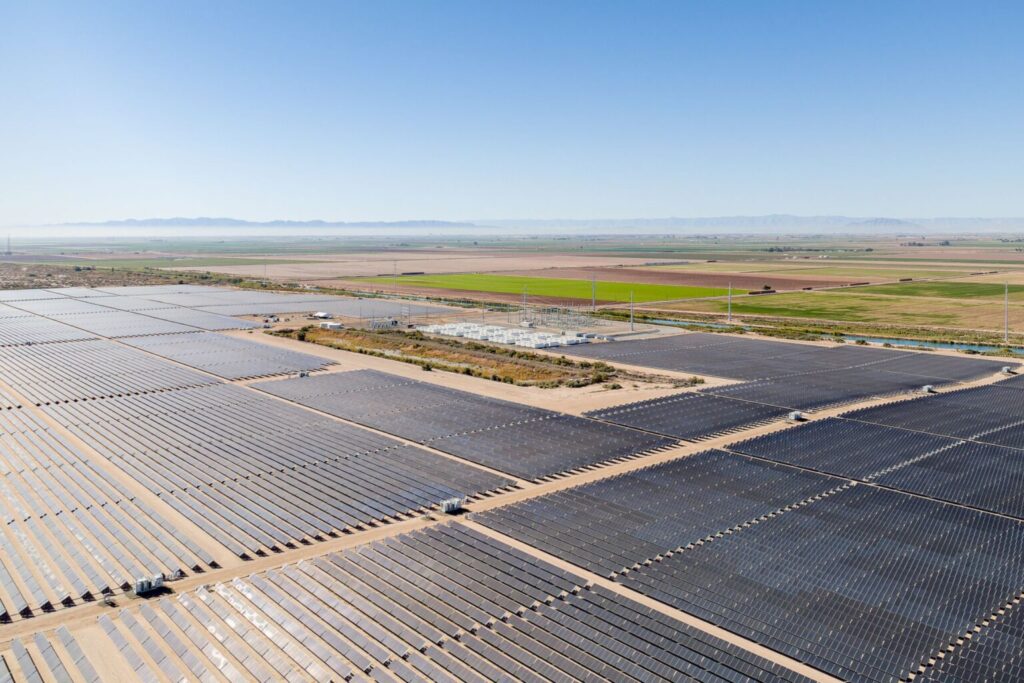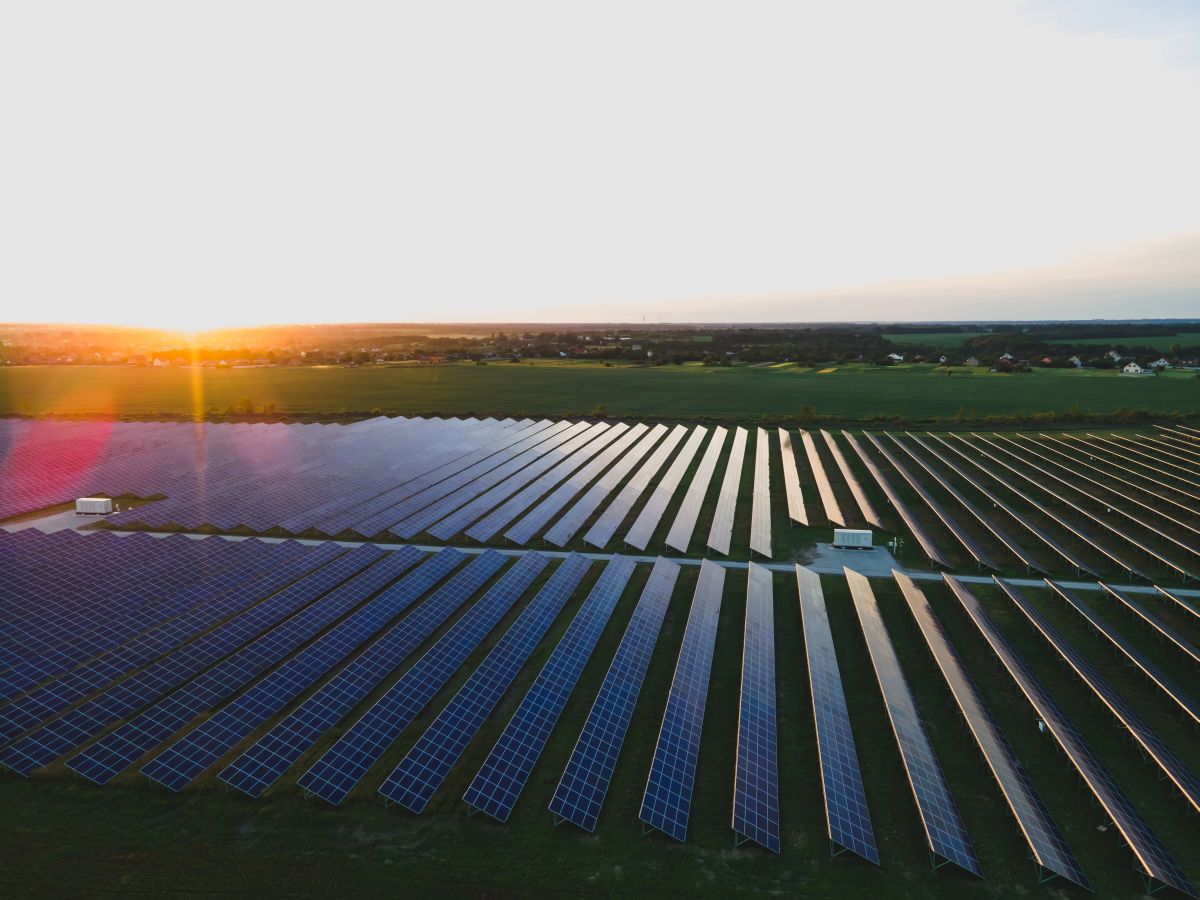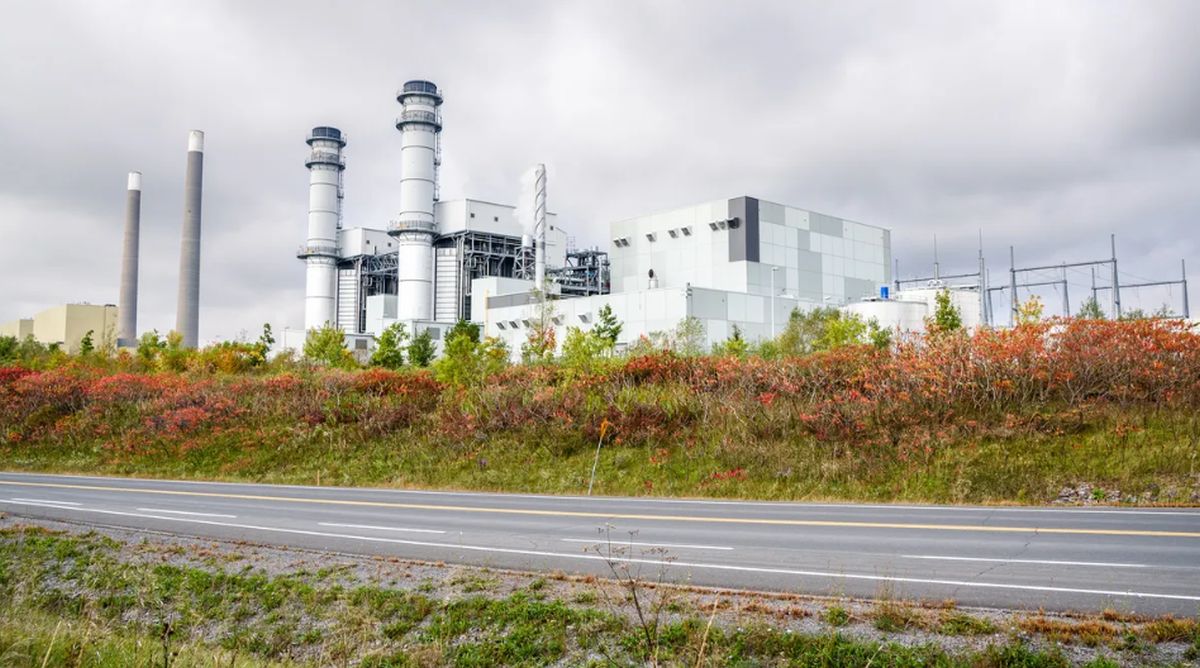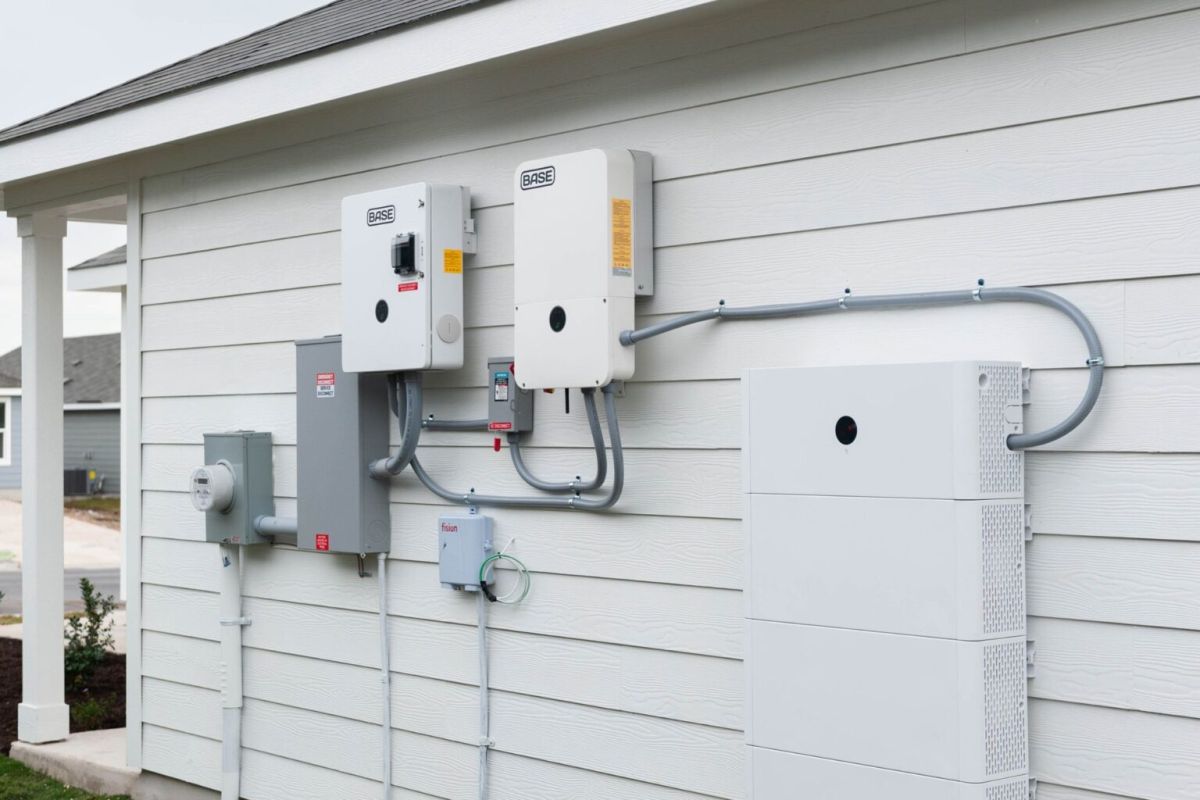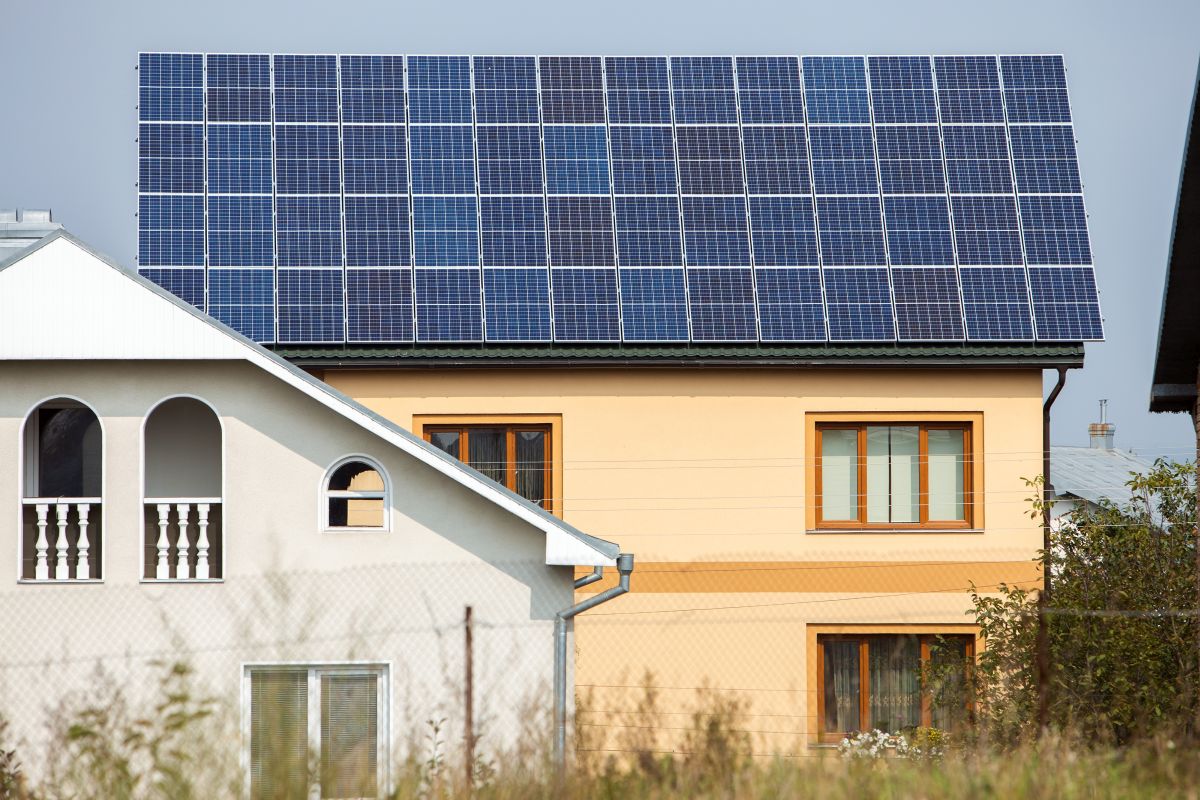WWW.POWER-ENG.COM
Could solar-powered peaker plants eventually replace the need for thermal ones? The idea has been kicking around for a few years, and now proponents of the concept are celebrating a major milestone.
Renewable energy developer, owner, and operator Arevon Energy has started commercial operations at its $529 million Vikings Solar-plus-Storage Project in Imperial County, California, believed to be the first utility-scale solar peaker plant in the United States. Its very existence contradicts the notion that renewable energy is inherently unreliable, instead providing carbon-free electricity at specific times of critical need to support the grid and empower ratepayers.
The specs
Vikings will utilize a 157 megawatt (MW) solar array paired with 150 MW/600 MWh of battery energy storage to shift low-cost daytime solar energy to higher-cost peak demand periods, lowering the cost of electricity for nearly one million customers of San Diego Community Power, the project’s offtaker. The companies have also executed a commercial agreement for Arevon’s 200 MW Avocet Energy Storage Project located in the City of Carson, California, which is expected to start construction in early 2025.
Vikings’ battery storage system can rapidly adjust capacity in seconds to address changes in demand. The project features key components from domestic manufacturers, leveraging incentives provided by the Inflation Reduction Act to maximize value. They include Megapack battery energy storage systems manufactured by Tesla in Lathrop, CA, First Solar thin-film photovoltaic solar panels, and Nextracker smart solar trackers. San Diego-headquartered SOLV Energy led the engineering, procurement, and construction (EPC).
“Vikings’ advanced design sets the standard for safe and reliable solar-plus-storage configurations,” said Kevin Smith, Arevon’s chief executive officer at last week’s ribbon cutting. “Its completion marks a significant milestone for Arevon.”
Typically, hybrid projects serve load when the sun is up and store the excess generation in their battery. That energy is then discharged in the evening during peak demand.
“The unique 1:1 solar to storage configuration of Vikings allows the project to shift the entirety of its generation from ‘solar hours’ to the peak demand period,” explains Jacob Montgomery, director of development at Arevon. “As an industry, we have already made steps in energy shifting a portion of solar generation by coupling solar with storage. The Vikings project takes it one step further by shifting the full output of the facility. This is another step in the right direction to provide clean renewable energy around the clock.”
Vikings, located near Holtsville, CA, was named after the local high school’s mascot and provided scholarships for several Holtsville H.S. students to use for college tuition costs. The project employed more than 170 personnel during its construction and will disburse more than $17 million to local governments over its lifespan, providing revenue for schools, first responders, and other community needs.
Vikings was previously recognized with the IJGlobal’s Renewables Deal of the Year – Energy Storage Award, lauded as one of the first utility-scale solar-plus-storage ITC and PTC transfer agreements since the U.S. Treasury announced the guidance for tax transferability in June of 2023. The project was financed with a $228M construction facility and a $72M ITC transfer bridge loan facility. In the past 12 months, Arevon has completed project financings of more than $3 billion.
Arevon’s endeavors
Arevon Energy, headquartered in Scottsdale, Arizona, owns and operates more than 4,000 MW of utility-scale solar, energy storage, and solar-plus-storage projects as well as distributed generation assets in 17 states. The company is constructing more than 2,000 MW of new solar and storage capacity and has a development portfolio of more than 6 gigawatts.
In July, Arevon started operations at its 200 MW/800 MWh Condor Energy Storage Project in San Bernardino County, California, its third utility-scale storage site in the state. Arevon also recently secured offtake agreements for its Cormorant Energy Storage Project and its Avocet Energy Storage Project and closed financing on its Eland 2 Solar-plus-Storage Project, its Condor Energy Storage Project, and the Vikings project.
Arevon’s chief operating officer Justin Johnson, who oversees EPC operations, says developing relationships with offtakers is similar to doing so with equipment suppliers, construction firms, and O&M service providers.
“We do a deal with them, we build a project, and we deliver what we promised when we promised. They’re comfortable with us, they trust us and you can do repeat business with them,” he explains. “It’s the same thing with the communities too. You build a project in the community, you’re a good member of the community, you support charity, you pay your property taxes… And then they see that it’s not so bad living next to a solar plant.”


